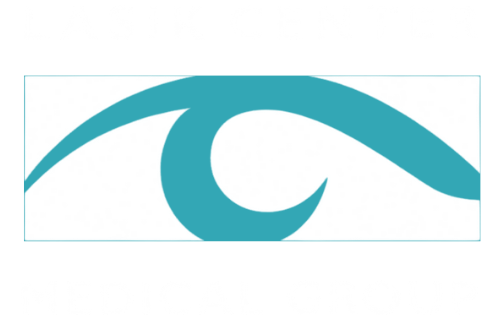5 Questions to Ask a Lasik Surgeon Before Your Procedure
Are you considering LASIK surgery to correct your vision and ditch the glasses for good? If so, it’s important to choose the right surgeon to perform the procedure. After all, your eyes are precious and you want to make sure you’re in good hands. To help you make an informed decision, we’ve put together a list of five questions you should ask a LASIK surgeon before going ahead with the procedure.
From experience and qualifications to success rates and potential risks, these questions will help you gain a better understanding of the surgeon’s expertise and ensure that you feel confident in their ability to help you achieve the vision you desire. So, let’s dive in and find out what you need to know before booking your LASIK surgery!
Question 1: What are your qualifications and experience?
One of the most important factors to consider when choosing a LASIK surgeon is their qualifications and experience. You want to ensure that the surgeon is board-certified and has completed a fellowship in refractive surgery.
It’s also essential to know how many LASIK surgeries the surgeon has performed and their success rates. A surgeon who has performed a high volume of LASIK surgeries is likely to have more experience and expertise, resulting in better outcomes for their patients.
Asking about the surgeon’s experience and qualifications can help you feel confident in their ability to perform the surgery and achieve the desired results.

Question 2: What type of LASIK procedure do you recommend for me?
There are different types of LASIK procedures, and the surgeon should recommend the one that is best suited for your specific needs. For example, if you have thin corneas, the surgeon may recommend a different type of LASIK procedure, such as PRK or LASEK.
It’s essential to ask the surgeon to explain the differences between the various types of LASIK procedures and why they recommend a particular one for you. This can help you understand what to expect during the surgery and the recovery process.
Question 3: What are the risks and potential complications of the procedure?
While LASIK surgery is generally safe, there are still risks and potential complications that you should be aware of. Some of these include dry eyes, halos or glare, under-correction or over-correction, and vision loss.
It’s important to ask the surgeon about the risks and potential complications associated with the procedure and how they plan to manage them if they occur. The surgeon should also explain the steps they take to minimize the risk of complications, such as using advanced technology and conducting a thorough pre-operative evaluation.
Question 4: What is the recovery process like?
The recovery process after LASIK surgery can vary from person to person. It’s essential to understand what to expect during the recovery process, including how long it will take to heal and what activities you should avoid during this time.
The surgeon should explain the post-operative care instructions, including how to use prescribed medications and eye drops, and what activities to avoid for a specific period. They should also provide information on when you can resume normal activities such as driving and sports.
Question 5: What kind of results can I expect?
It’s essential to have realistic expectations about the results of LASIK surgery. While the surgery can significantly improve your vision, it’s not a guarantee that you’ll have perfect vision. The surgeon should give you an idea of what kind of results you can expect based on your specific case.
They should also explain that there is a possibility of needing an enhancement procedure in the future to achieve optimal results. Knowing what to expect can help you make an informed decision and manage your expectations.
Conclusion and final thoughts
LASIK surgery can be a life-changing procedure that can significantly improve your vision and quality of life. However, it’s crucial to choose the right surgeon and ask the right questions to ensure a successful outcome.
By asking about the surgeon’s experience and qualifications, the type of LASIK procedure recommended, potential risks and complications, the recovery process, and expected results, you can make an informed decision and feel confident in your surgeon’s expertise.
Remember to consider all factors before undergoing LASIK surgery, and don’t hesitate to ask questions or express any concerns you may have. With the right surgeon and proper preparation, LASIK surgery can be a safe, effective, and life-changing procedure.
